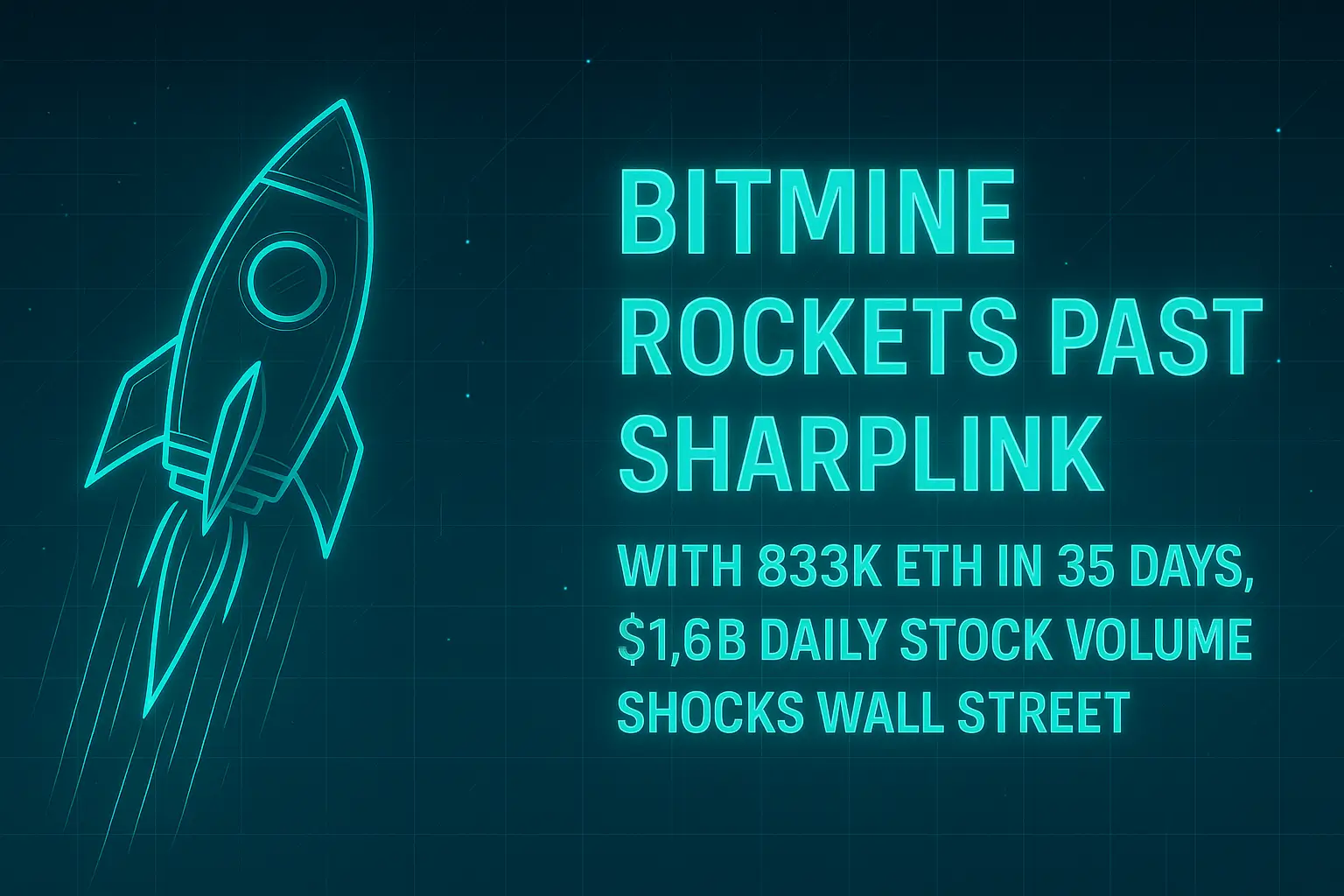China’s security agency warned today the biometric data harvested in exchange for cryptocurrency tokens may result to serious national security and privacy threats.
Key Takeaways
- Via WeChat, China’s Ministry of State Security issued an advisory today (August 6, 2025) warning foreign firms offering crypto tokens for iris or biometric scans could be harvesting data for espionage or surveillance.
- The description accurately reflects the model employed by Worldcoin, which incentivizes iris scanning in exchange of WLD tokens, which is already under scrutiny in multiple countries.
- Looking at technicals, WLD token is at a 24-hour loss of roughly 2% and about 90% from its all‑time high near $11.82, reflecting rising regulatory pressure and diminished investor confidence.
China’s Ministry of State Security (MSS) released an advisory warning that foreign companies are giving out cryptocurrency tokens to users in return for sensitive biometric data such as iris scans, facial images, or fingerprints. As mentioned in a recent report by CoinDesk, these practices are commonly known for posing threats to both individual privacy and national security.

Worldcoin Model at the Center of Privacy Debate
While the advisory did not name any particular company, its description aligns with the methods of Worldcoin (recently rebranded to World), the identity‑verification project co‑founded by OpenAI CEO Sam Altman. World incentivizes individuals to scan their irises using its Orb device in exchange for WLD tokens as a method to create a unique World ID.
China’s advisory emphasizes the risks and potential drawbacks of biometric data collection, where once obtained, the collected data can be transferred internationally and used for surveillance, espionage, and identity fraud. Since iris data is permanent and individually unique, the possibility of misusing it can pose exceptionally long-term risks if compromised.
Global Regulators Already Pushing Back
Meanwhile, regulators from different countries have already kept their eyes on Worldcoin’s modus operandi. Germany, France, Spain, Portugal, Kenya, Hong Kong, Argentina, and Indonesia have initiated investigations and bans for the said blockchain initiative. Spain’s data protection authority mandated that Worldcoin delete all stored iris records after ruling they breached GDPR.
WLD Token Slides Amid Renewed Regulatory Pressures
As of writing (10:00 AM UTC), WLD trades at approximately $0.935, a decline of about 2.01% over the past 24 hours, according to the latest market data provided by TradingView. This continues an extended downtrend reaching 90% from its March 2024 all-time high of $11.82, according to Bitget. The token started an avalanche of investor momentum driven by intensifying scrutiny over biometric data, digital identity, and cross-border privacy concern.
While the move in WLD isn't a sharp spike, its persistent weakness underscores investor anxiety over regulatory crackdowns, especially those tied to biometric surveillance risks and data protection.
What’s Next
Market watchers as well as regulators will monitor how other countries respond to China’s advisory, particularly as smart contract-driven digital identity use cases continue to grow. The pressure will continue to further weigh on WLD, especially if more countries restrict or ban initiatives like World. Meanwhile, investors and policymakers will be closely watching whether privacy-first rhetoric can overcome unresolved concerns about irreversible data capture and consent.
Summary
China’s Ministry of State Security has raised alarms about Worldcoin-like crypto projects that require biometric data for token rewards, citing national security and privacy risks. With multiple countries investigating or banning these initiatives, regulatory scrutiny has weighed heavily on the WLD token price. As digital identity and biometric projects expand, the debate over data consent, surveillance, and privacy will continue to shape crypto’s future.














